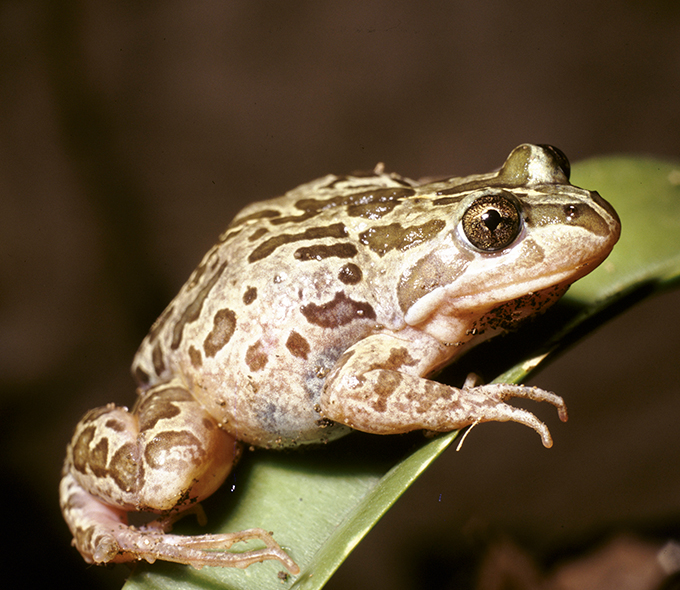On 27 September 2023 the Murrumbidgee Environmental Water Advisory Group (EWAG) met to discuss updates and monitoring results across the catchment.
Water operations update
Storage and flow management is under 'normal' management, with Burrinjuck storage at 92.9% and Blowering storage at 87.5%. The cumulative inflow into the system has reduced across the catchment as expected. The overall conditions are looking drier going forward, and above-average temperatures are expected in the coming months. El Nino conditions have been declared and are likely to continue until the end of the summer.
Environmental water updates
Flows will be delivered for Murray cod and trout cod nesting until the end of November downstream of Darlington Point and in the Yanco Billabong system. Water for the environment will help maintain the flow and avoid a sharp drop. The fish flows will build on positive outcomes from the floods. There will be small flows into Gayini to help support pelican breeding events.
Due to scheduled system maintenance, there will be no environmental flows until February 2024 to select areas.
Monitoring update
In the mid-Murrumbidgee water levels have dropped since the last survey, which has allowed for better access to sites across the catchment. Water quality across the monitoring sites is positive.
The native fish outnumbered exotic fish in the netting surveys. Carp gudgeon dominated the nets but good-sized bony bream were also caught. Exotic carp, goldfish and oriental weatherloach were found in smaller numbers.
Frogs and turtles were also found in good numbers, including the spotted marsh frog detected across the monitoring area. Waterbird monitoring showed a wide variety of expected species, with Gooragool Lagoon having the most diversity.
Over winter, the monitoring team reviewed acoustic recordings from the Yanco system. Frogs and bats were the main reported sounds. The southern bell frog was not detected, possibly due to the time of year and the water levels at the time of monitoring. The fishing bat (Myotis macrocarpus), a threatened species, was detected at every site.
The rakali
PhD student Emmalie Sanders presented her research on the rakali. The rakali is a freshwater mammal known as Australia's native water rat. Her research has included the benefits of the rakali, including combating invasive species, their habitat and activity, and a review of the extinction risk of freshwater mammals. An estimated 38% of freshwater mammals are at risk of extinction. Emmalie's future research into rakali will include their preferred habitats and how far they travel. There seem to be more rakali in billabong areas after the recent floods, which will be part of the research going forward.
Reconnecting River Country Program
Environmental Water Advisory Group members were updated on the Reconnecting River Country Program. For more information on the Reconnecting River Country Program, go to the Reconnecting River Country Program page.


